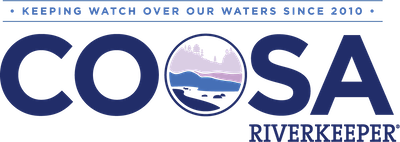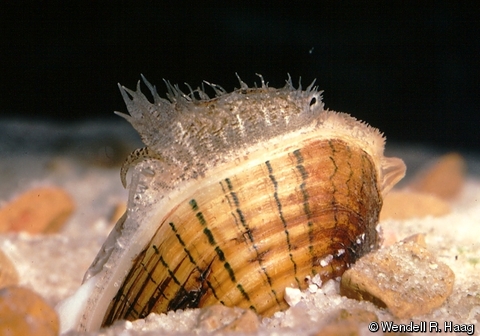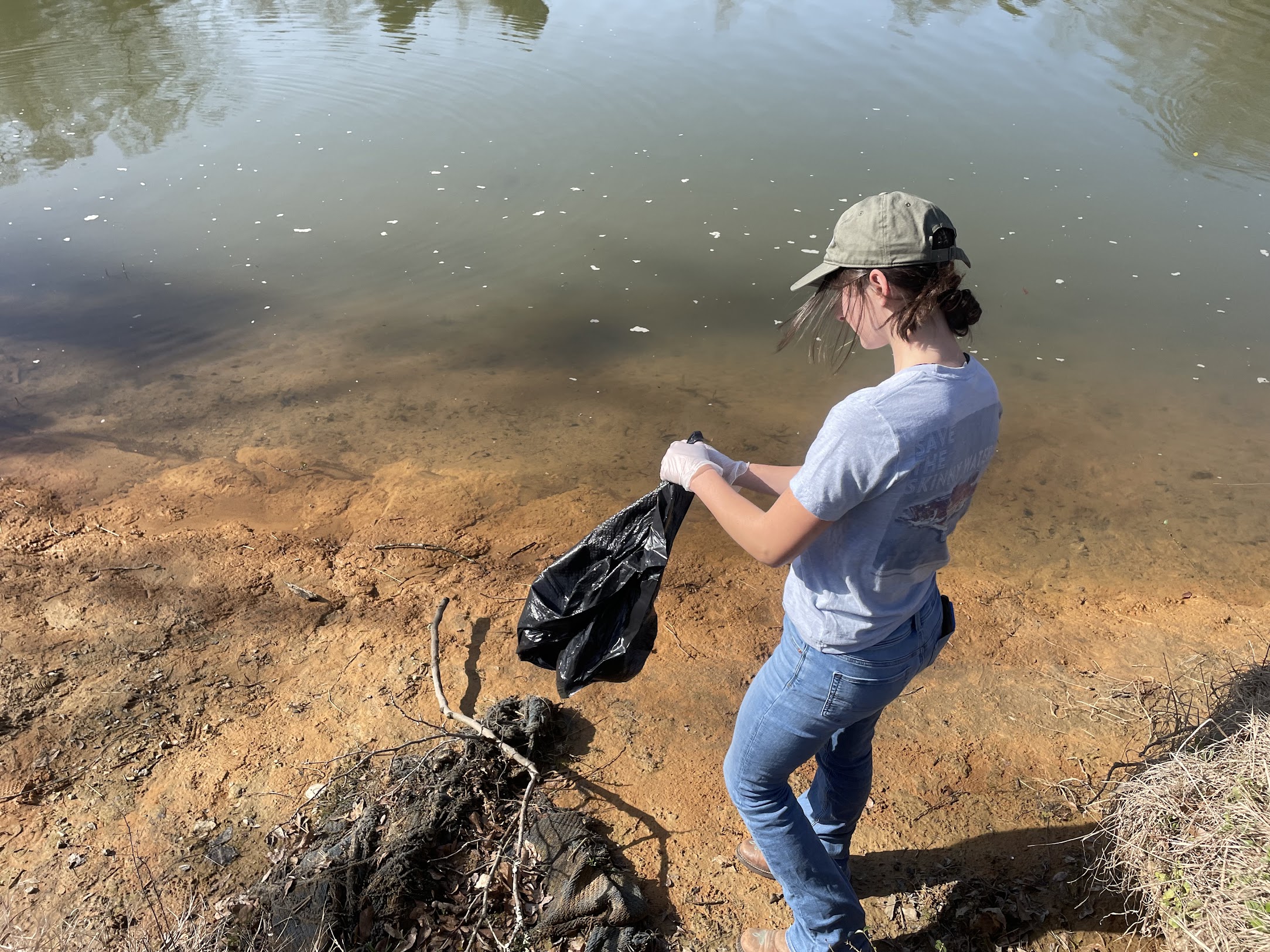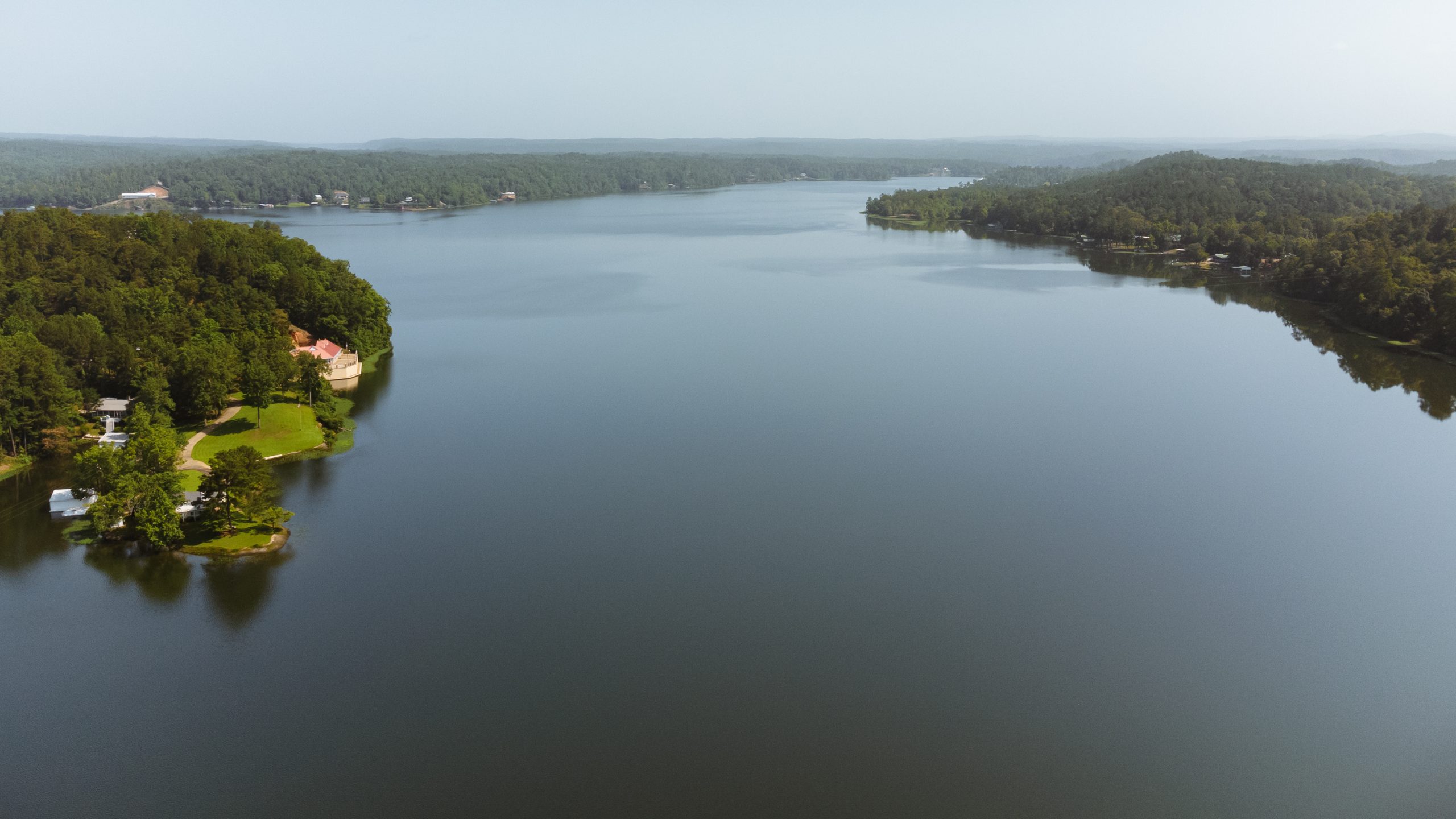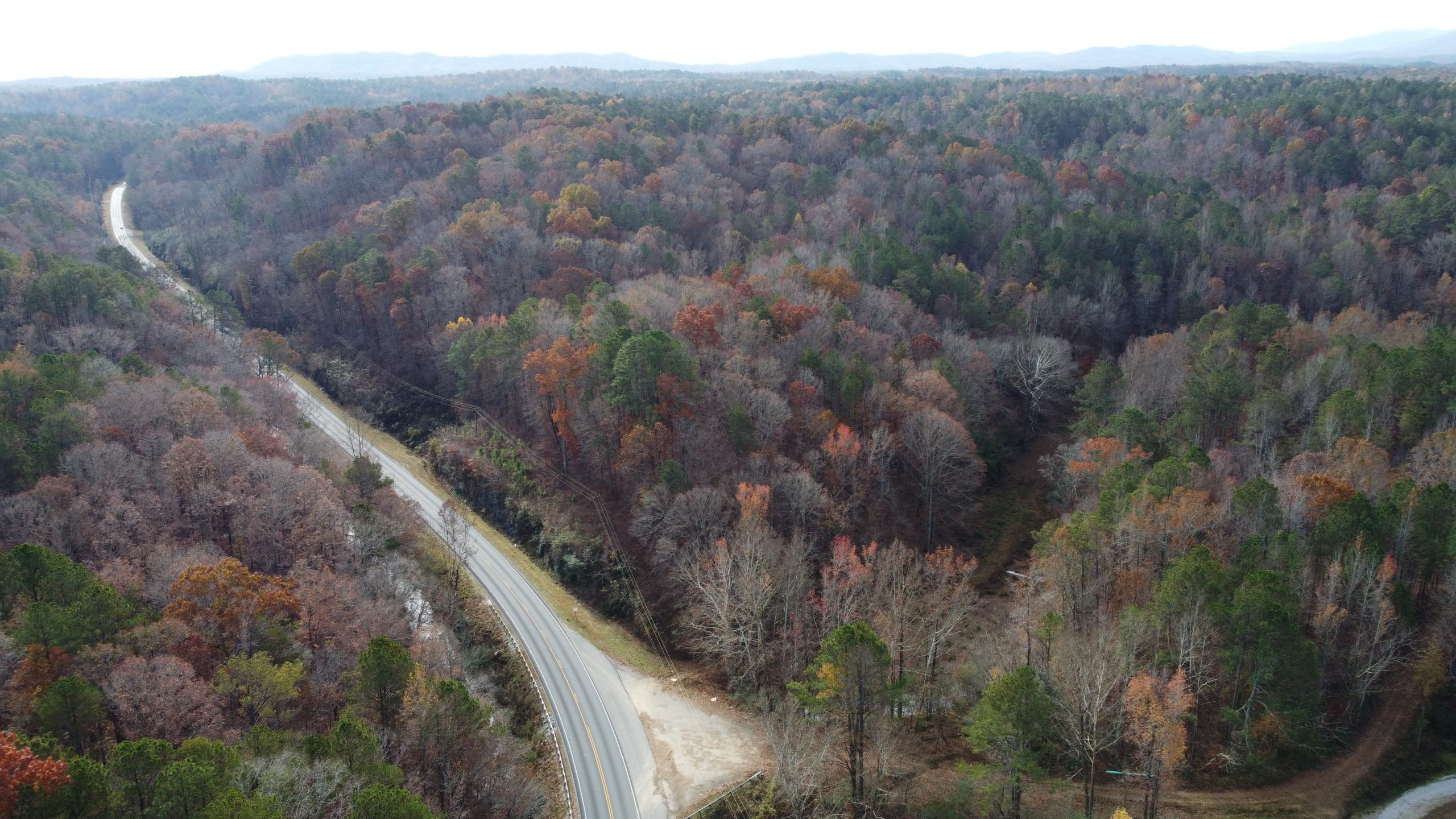Sewage
Coal Ash
Impaired Waterways
Dams
Sediment
Nutrients
Sewage
Sewage is defined as, “waste matter and excrement carried away in drains. Waste matter that you flush down your toilet that gets carried away in the sewer is an example of sewage. The waste matter carried off by sewers or drains. Liquid and solid waste carried off in sewers or drains.”
Biosolids
Biosolids are defined as, “a product of the wastewater treatment process. During wastewater treatment the liquids are separated from the solids. Those solids are then treated physically and chemically to produce a semisolid, nutrient-rich product known as biosolids.”
Septage
Septage is defined as, “is the liquid and solid material pumped from a septic tank, cesspool, or other primary treatment source.” The liquids and solids pumped from a septic tank has a horrible odor. Septage is also a host for many disease-causing viruses, bacteria, and degrades water quality.
Sewage can enter the river in many ways from wastewater treatment plants, spreading of biosolid/septage, runoff from livestock operations, illegal sewer hookups, failing septic systems, and illegal dumping from vessels. Regardless of how it enters the river, pathogens in sewage can make the water unsafe and unenjoyable for recreation. Swimming, boating, and other water-contact activities in fecal-contaminated streams and rivers can result in a variety of illnesses from minor infections to serious illnesses. Because sewage is such a major issue that poses a direct public threat, we operate a bacteria monitoring program called Swim Guide every summer at popular swimming holes and stay busy in the off season working to reduce sources of fecal pollution.
Sanitary Sewer Overflows (SS0s) happen often after rain events. If you see manholes overflowing, smell any foul odors, or see any pipes discharging untreated sewage, please report pollution to Coosa Riverkeeper or to the Alabama Department of Environmental Management at (334) 274-4200.
Alabama Sanitary Sewer Overflow (SSO) Data
Information is obtained through public data made available by the Alabama Department of Environmental Management (ADEM). The information provided on this page is made available to you “as is” with all faults and without warranty of any kind, expressed or implied, including those of merchantability and fitness for a particular purpose, or arising from a course of dealing, usage or trade practice. Furthermore, KeyQ, Inc and its affiliates make no warranty, express or implied, including as to the accuracy, usefulness or timeliness of any information herein. SSOs from the past 100 days throughout the state are shown above.
